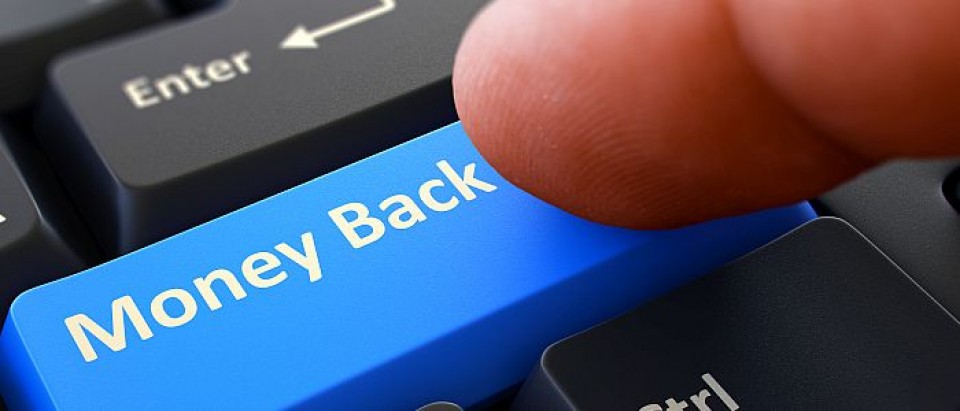Tax law changes for businesses impacted by COVID-19
Inland Revenue has released an update for businesses affected by COVID-19 covering recent tax changes. These changes are intended to help businesses with the impacts of COVID-19. This includes the temporary loss carry-back scheme and the Commissioner’s new discretions for changing requirements.
Temporary loss carry-back scheme
Businesses who expect to make a loss in 2020 or 20201 can use that loss to offset profits made in the previous year. This carries the loss back by one year and can be completed before the loss year return is filed. Provisional tax can be re-estimated as many times as the taxpayer wants before the tax return is filed or due to be filed, whichever is earlier.
There are two ways to claim the loss carry-back:
- Inland will automatically refund overpaid tax when the loss carry-back is included in the tax return.
- If you are going to carry a loss back from 2021, taxpayers can ask for a refund of provisional tax paid in 2020.
Inland Revenue can refund some or all of the tax that has already paid for the profitable year before the loss year is completed by allowing taxpayers to estimate their loss. IR has advised that the fastest way to process these refunds is using “myIR”. The first step is to elect to participate which is done in the “I want to” section in myIR.
The following situations cannot be reversed to take advantage of the loss carry-back:
- Company profits that have been paid out as a dividend or shareholder-employee salary in the preceding year
- A subvention payment made in a preceding years
If a company is claiming loss carry-back in 2020 with the effect of reducing shareholder salary, the shareholder-employees can re-estimate their provisional tax. Overpaid provisional tax will be refunded.
Shareholder-employees must let Inland Revenue know that they will be re-estimating their tax by using the opt-in service in myIR (in the “I want to” section). They can re-estimate their provisional tax up to the time their 2020 return is due or filed.
For more information, visit www.ird.govt.nz/claim-loss-carry-back.
Commissioner’s new discretion
The Commissioner can now extend a due date, deadline, time period, or time frame. This can be applied when the deadline is impossible, impractical, or unreasonable due to COVID-19. The Commissioner can also change the procedural and administrative requirements.
This is only available when an appropriate outcome is not possible or is difficult under the parameters of the existing law.
The changes will apply to all taxpayers unless specified that it only applies to a limited group or circumstance. Changes will automatically apply to taxpayers as the changes are intended to be beneficial to taxpayers. If a taxpayer does not want the change to apply to them they can make an election to not apply the law by taking a tax position (such as in a tax return), or by informing the Commissioner. Inland Revenue will publish any variations on their website.
Working from home determination
Inland Revenue has released a new determination called “Payments to employees for working from home costs during the COVID-19 pandemic”. This provides that employers can (but do not have to) pay up to $20 a week tax week to employees who are working from home for expenses, such as additional heating costs and that payment will be exempt income to the employee. There is no requirement to estimate or show what the employee’s actual expenses were.
Employers can also make a tax-free payment of up to $400 per employee for furniture or equipment costs without having to work out actual expenses, and again, this will be exempt income to the employee.
This is a temporary measure to response to COVID-19 which only applies to payments for expenses incurred between 17 March and 17 September 2020.
If you have any questions, or require personalised advice, please contact Julia Johnston.
